Deputy of Policy and Strategic Assessment Affairs;
1100 knowledge-based companies in the field of health have been formed in the innovation ecosystem of Iran.
1100 knowledge-based companies in the field of health have been formed in the innovation ecosystem of Iran.
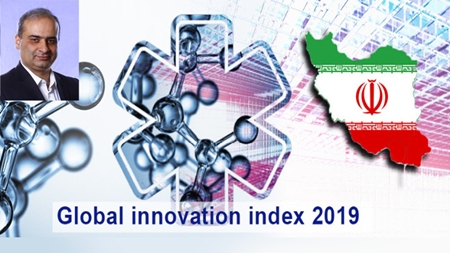
The deputy of policy and strategic assessment affairs announced the considerable growth of Iran in science production in various fields and increasing growth in reaching top ranks in the world in the complicated technological fields according to the latest report of global innovation index (Gii).
According to the public relations and information center of the Vice-Presidency for science and technology affairs, Mehdi Eliasi, the deputy of policy and strategic assessment affairs, regarded synergy in production of science and innovation ecosystem of Iran a considerable opportunity for knowledge-based and innovative companies.
He expressed that the health innovation ecosystem of the country is one of the axes of interest in the Gii report 2019, asserting: this year’s Gii report has assessed health area and has dedicated a separate chapter to the medical innovations in Iran for the first time.
Pointing out the significant growth of position of Iran in science production, Eliasi mentioned: according to the latest Gii report in 2019, Iran has had considerable science production in the past two decades and has reached top ranks in complicated fields, such as nanotechnology (4th rank), medical engineering (12th rank), bio-engineering (9th rank), and bio-product (8th rank) in 2017.
According to the deputy of policy and strategic assessment affairs, this report shows that the growing health innovation ecosystem of Iran is being supported by a dynamic set of policies, incentives, and regulating units.
In addition, a suitable synergy has been formed between policies and regulation in the health innovation ecosystem of Iran, in a way that both supply and demand of health innovation are supported concomitantly.
Eliasi mentioned that the innovation report has laid the foundation for endogenous innovations in health field, in a situation where conventional solutions (importing drugs and medical equipment) have been expensive and sometimes difficult because of sanctions.
He referred to the assessment of Iran"s position on the basis of the UN Human Development Index (HDI) in this report, stating: according to this report, the average life expectancy in Iran has increased from 51.1 years in the 1980s to 76.2 years in 2018, which is a significant increase in the past three decades.
Eliasi considered the development of the education and training of the powerful and elite scientific force another important topic of this report.
He added: according to the report, the health innovation ecosystem of Iran is supported by 19300 faculty members, 65 medical universities, 37450 scientific publications and 1859 patent registration request in 2018. In addition, this ecosystem has a high capacity for hosting complicated research on health.
Eliasi also regarded the health education system another issue considered in the Gii report.
The deputy of policy and strategic assessment affairs explained about the recognition and attention to the wide and diverse range of actors in the health innovation ecosystem of Iran covered in the report.
Pointing out the report of 1100 knowledge-based companies in this document, Eliasi continued: 739 research centers, such as Pasteur Institute, Razi Institute and National Institute of Genetic Engineering and Biotechnology, four science and technology parks, 78 centers for exclusive health business growth, 27 parks and 68 growth centers affiliated to ministry of science, research and technology that are active in health-related fields are other areas addressed by the Gii report.
He continued: national, provincial and academic intellectual property offices, 79 innovation centers, and 29 accelerators active in health-related areas across the country, corporate venture capital investments (such as Persis Gene) are other contributors to this dynamic ecosystem.
According to Eliasi, the Gii report considers the implementation of the law to support knowledge-based companies one of the effective measures taken to develop the production of library equipment, medical engineering, and medical equipment.
The deputy of policy and strategic assessment affairs pointed out the effective role of growth and innovation centers in health field.
Elasi also talked about the effective role of measures taken by the Vice-Presidency to ensure the purchase of domestic knowledge-based products by foreign companies, adding: for example, an agreement was signed with Russia over the latest travel of the vice president to this country for joint production of Sina Surgeon Robot as SKD.
Elias said that in the $ 4.5 billion drug market in Iran, domestic companies account for 70% of the market. (APIs) used to manufacture drugs domestically. He added: according to this report, 97% of drugs were produced domestically in 2018 and 67% of the pharmaceutical active ingredients (APIs) used to manufacture medicines are manufactured domestically.
The deputy of policy and strategic assessment affairs asserted: the Gii report has regarded the implementation of the health evolution plan in Iran as one of the effective steps to increase access to health field services, expressing that patients" share of costs has increased from 37% of total costs to 10% in urban areas and 5% in rural areas.
Eliassi cited the Gii report as in introducing health field as one of the most successful and advanced areas in Iran.
According to the deputy of policy and strategic assessment affairs, the latest Gii report states that Iran has reached the 9th and 13th ranks in the world in terms of global science production in fields of bio-engineering and biotechnology in 2017, respectively.
He introduced the top pharmaceutical companies of Iran that have an export score in the area of bio-products: CinnaGen, AryoGen, Ronak Daroo, FDA, Zist Daru Danesh, Pooyesh Darou, Exir, and Osvah Pharmacy Co.



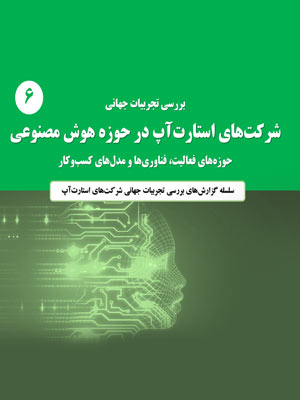



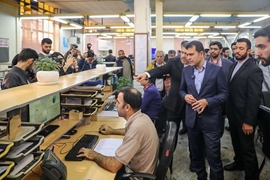
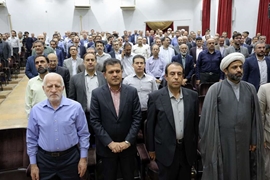
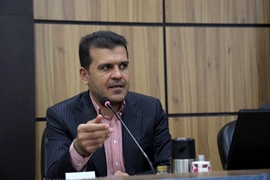
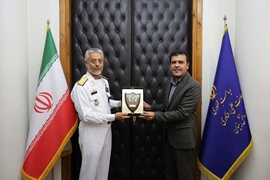

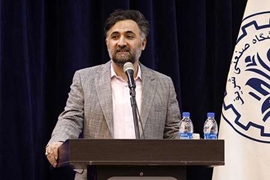
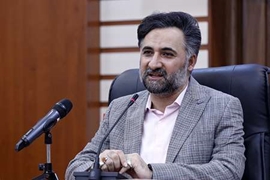
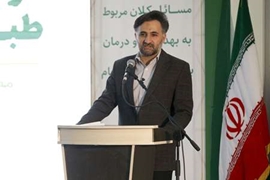
comment